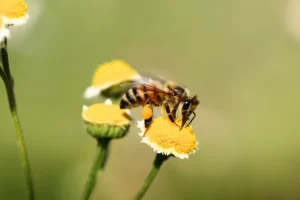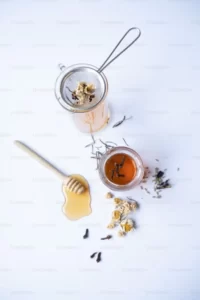Table of Contents
Manuka Honey Refrigeration: A Growing Concern for Consumers
The issue of honey fraud has become a pressing concern for consumers in recent years. A study conducted by an independent organization tested 320 honey samples from 18 countries and found that almost 50% of them were fraudulent. Shockingly, all 10 samples from the UK failed authenticity testing, indicating a steep rise in suspicious samples since the last round of testing.
The Problem of Fraudulent Honey
By law, honey is not permitted to have anything added to it or undergo any processes that alter its natural characteristics. However, it has become a prime target for fraudsters due to its potential for high profits. These criminals bulk out real honey with cheaper alternatives such as water or sugar syrups made from rice, wheat, or sugar beet. This practice is not only deceptive but also poses a lower risk for organized crime compared to other illegal activities.
The Challenge of Detecting Fraud
Identifying fraudulent honey can be challenging due to disputes over the conclusiveness of tests and the increasing sophistication of fraud methods. There is no single test that can definitively determine the authenticity of honey. Additionally, it is not known where the samples in the EU study were purchased or their country of origin. However, major supermarkets in the UK are working closely with suppliers to ensure the authenticity of the honey they sell.
The Vulnerability of Manuka Honey
Manuka honey, with its premium price and narrow geographical origin, is especially susceptible to fraud. This honey is derived from the nectar of the manuka bush flower, which only grows in New Zealand. Known for its antibacterial properties and associated health benefits, a 250g jar of manuka honey can sell for around £20, sometimes even reaching £60. Therefore, it is crucial for consumers to be vigilant when purchasing this particular type of honey.
Tips for Buying Authentic Honey
When purchasing standard honey, it is recommended to look for products that come from a single country of origin, which should be clearly stated on the packaging. This reduces the likelihood of the honey being adulterated with sugar syrup. Single-origin honey is typically more expensive than blended honey, but the higher cost is worth it for the reassurance of authenticity.
For manuka honey, consumers should look for UMF™ certification on the packaging. This certification ensures that the manufacturer is licensed with the Unique Manuka Factor Honey Association and compliant with its quality standards, as well as the regulations and standards set by the New Zealand government. It also guarantees that the product was grown, produced, and packaged in New Zealand.
Other Foods Susceptible to Fraud
Honey is not the only food product that is vulnerable to fraud. Other foods such as olive oil, meat, seafood, Basmati rice, coffee, tea, fruit juice, saffron, and various herbs and spices are also at risk. In tough economic climates, food fraud tends to increase as individuals attempt to cut costs and maximize profits.
Conclusion
The issue of honey fraud is on the rise, with a significant number of samples being found to be fraudulent in recent studies. Consumers need to be aware of this problem and take precautions when purchasing honey. By following the tips mentioned above and being vigilant when making purchases, consumers can ensure that they are buying authentic honey and supporting honest honey producers.
For more information on honey fraud and related topics, please visit reputable external links:
Remember, it is crucial to stay informed and make informed choices as consumers.



